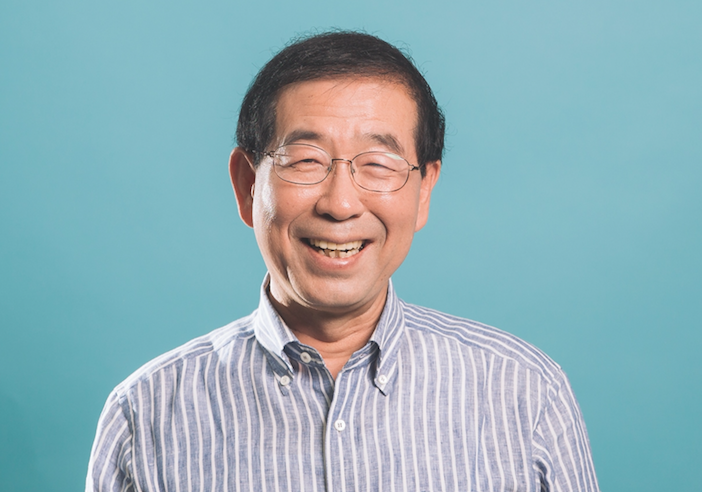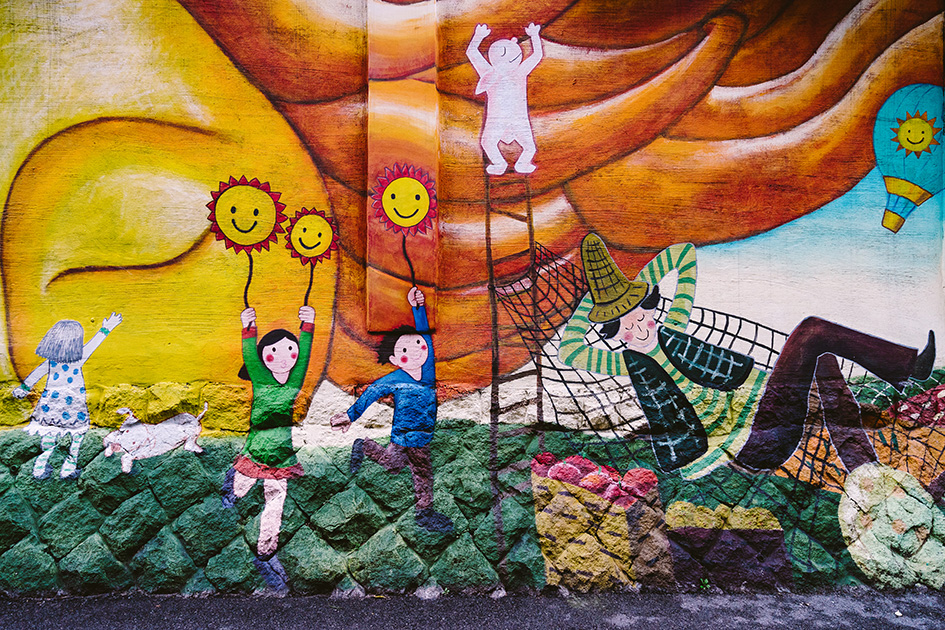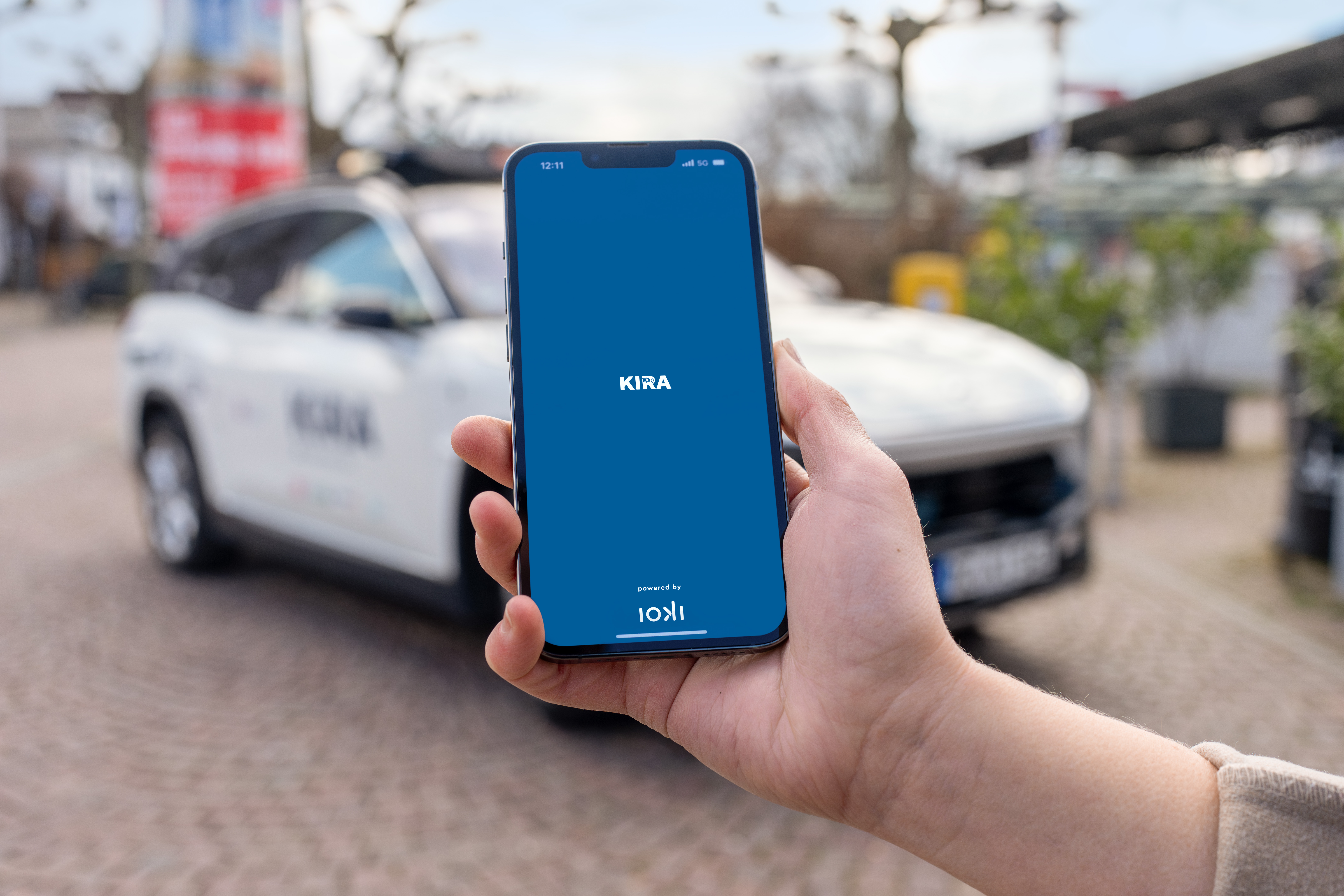
Photo: Screen-Shot-2017-02-23-at-09.27.33
The people’s champion: Park Won-soon, Mayor of Seoul
12 November 2016
by Jonathan Andrews
With South Korea mired in political scandal, the achievements of Park Won-soon, the Mayor of Seoul, might yet catapult him into the president’s office. Steve Hoare spoke to the mayor about his policies for community-led development of the country’s capital
Park Won-soon’s career before he became mayor marks him out as one of politics’ good guys. And if there is one thing that South Korea needs right now it is a good guy.
Before assuming the role of mayor in 2011, Park worked mainly for NGOs after a spell as District Attorney at the Daegu district prosecutor’s office. His time as Secretary General of the People’s Solidarity for Participatory Democracy (Motto: ‘Let’s make the world a better place with people power’) and Executive Director of The Beautiful Foundation (Mission: ‘Making sharing a part of life for a society thriving together’) reveal a political outsider markedly different from the populist nationalists making waves in the west.
In December, South Korea’s parliament voted to impeach the president following the scandal surrounding President Park Guen-hye’s relationship with Choi Soon-sil with allegations of Rasputin-like corruption, occult practices and illegal influence which has seen the arrest of the CEO of Samsung.
If that vote is upheld by the country’s supreme court, an election will follow in 60 days. Park is far from the favourite but many expect him to run and the scandal has certainly got him thinking. His focus, however, is on the people rather than himself.
“The presidency is not achieved by one’s desires but should be a response to public sentiment,” says Park. “Even before we discuss the matter of my running for the next presidency, I would need to ensure whether the calling of public sentiment and the future vision is towards me. Thus I am seeking opinions of many people.”
A beautiful history
Park’s lack of affiliation to political parties may well work in his favour. He ran as an independent candidate in the 2011 election that made him Mayor of Seoul at a time when the country had a similar wave of anti-establishment feeling. On taking office, Park immediately started work on his biggest project–the Sharing City Seoul initiative.
The project has progressed from the first stage of sharing public property such as roads and parks into a second stage of sharing information, knowledge and talent.
“The sharing culture has spread into people’s daily lives, providing solutions to multiple urban problems. This is also giving way to a new consumer culture which is our fundamental goal, a collaborative consumption,” says Park.
Seoul is building support systems and policies that create a sharing platform for city administration and operations. The Architectural Guideline of Shared Housing and the Sharing Transportation System by Self-driving Cars are just two examples of Seoul’s initiatives in this area.
“Sharing is a hot topic and a new way of life around the globe of this era,” continues Park. “Issues of capitalism of low growth and limitations of natural resources, mass production and consumption are now brought to the surface. To overcome this we must now find effective ways to use our limited natural resources through sharing and also by building bridges for communities to build sustainable cities and contribute to national advancement.”
A theme of Park’s term as mayor has been his efforts to reach out beyond his jurisdiction to share best practices in Korea and beyond. Park’s unerring focus on collaboration goes way beyond the Sharing Seoul brand rhetoric and hype. As recently as last September, he was in Montreal for the Global Social Economy Forum and hosted the Sharing City Seoul Festival in November. He has attended the UN Convention on Climate Change and taken on the role of president of ICLEI–the global network of 1,500 local governments working towards sustainability.
On Seoul’s own journey towards sustainability, and particularly on the subject of carbon emissions, Park is cautious and pragmatic. While stating that Seoul is aiming for 100 percent renewable energy in the long-term, he acknowledges the city’s high consumption of energy and points out that the regional energy masterplan is aiming for just 10 percent of energy from renewables by 2020.

One of the city’s most successful initiatives in this space is the Energy Welfare Public Private Partnership that was rolled out in 2015.
“Energy welfare is a basic right for everyone,” explains Park. “The low-income group has difficulties even with procuring essential necessary energy. Because of this, Seoul has decided that energy welfare can’t be resolved alone by government agencies but needs the help of the public and is pursuing projects through public and private enterprise collaboration.”
The Seoul Energy Welfare Civic Fund, designed to combat energy poverty, has raised US$500,810 from 34 businesses and 1,800 citizens.
As part of the plan, Seoul has registered a virtual power plant to sell 5MW of electricity saved by 17 municipal buildings and institutions. Annual profit of around US$178,000 is sent into the Seoul Energy Welfare Civic Fund for the expansion of its energy welfare programmes.
The city has installed PV power panels at around 1,600 public apartments and low-income households, reducing their fuel spending. Additionally, recipients of 2,400 LED-bulb replacements saw their energy consumption and associated costs fall.
The city has also recruited 180 underprivileged job seekers as energy consultants and welfare workers, responsible for conducting assessments of residential properties, providing energy welfare support and retrofitting homes for higher energy efficiency. To date, almost 3,000 homes have been retrofitted.
Democracy in motion
As Park considers the will of the people ahead of a possible presidential run, another city project is taking shape that illustrates the mayor’s approach to democracy and the concept of sharing that has run through his career.
“The historical value of the 2030 Seoul Plan is that it is a departure from the old system of civil servants and experts deciding on policies. It is the people of the city participating in the vision of urban planning and finalising it,” explains Park.
The core philosophy of 2030 Seoul Plan is a vision of a “happy city of citizens with communication and consideration”. If this does not translate very well to English, the basic idea is obvious. Park cannot claim credit for this credo, it was suggested by Seoul’s citizens.
The Seoul Plan civil participatory group is a group of 100 people representing the people of Seoul that are canvassing opinions online and working closely with experts and the metropolitan government to build a new vision for the capital.
“Especially considering our reflection of the past ways of rapid growth and urbanisation, they are not merely focused on the result of growth but on the objective and the procedures of that objective and quality of life and happiness,” continues Park. “Historical and environmental values, regeneration of communities, welfare and safety were considered as a vision of the new urban planning.”
The mayor says that this method of civil participation is in the process of mapping out urban planning for the next 100 years.
The five core elements are: a people-centred city without discrimination; a dynamic global city with a strong job market; a vibrant cultural and historic city; a lively and safe city; and to achieve stable housing and easy transport, a community-oriented city.
While these might seem like the sort of core values that any group of community-minded citizens would come up with, the participatory group has identified the key policy areas that need to be addressed and remapped the city’s historic, business, cultural and financial zones and its neighbourhoods to give the project a framework to work with.
While many cities are just feeling the way into their resource efficiency and circular economy plans, Seoul is clearly some way down the path.
Park says that Seoul’s rapid growth brought about a culture of “destruction, demolishing the old and rebuilding, simply throwing away what one does not need”.
“To activate the circular economy, it was imperative to educate the public on the social value of repairing, re-using and sharing recycled goods. This had to be done through various policies and projects and the classic example was urban regeneration,” he explains.
“Instead of demolishing housing and buildings with tenants and residents, we chose a way to preserve the historical, cultural values of the neighbourhoods, preserving the structures of people’s lives. This has in time, proven to be a better solution for peoples’ lives, the local economy and better for our earth.”
He notes that Ihwa village and Jangsu village are not only famous to tourists but also classic examples of urban regeneration.
The journey is far from over. Later this year, Seoul is opening its Seoul recycling plaza, a hub for recycling, which will house a recycling exhibition hall and a used or ‘up-cycled’ goods mall for citizens to experience the direct benefit that the circular economy can bring.
Whether Park will still be mayor to continue that journey or whether he will be starting a new adventure as leader of the nation will be a decision for the people of South Korea. Park wouldn’t want it any other way.







